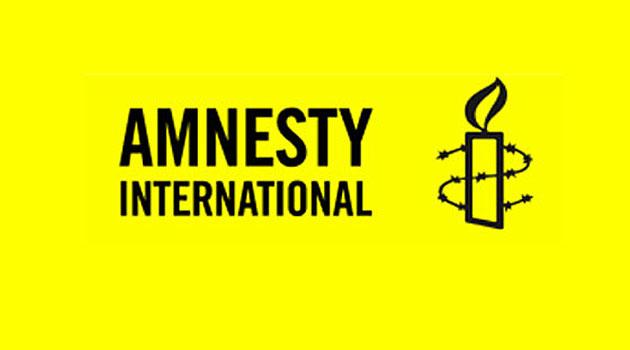Amnesty International campaign for equal access to education for Roma in the Czech Republic

A campaign called "Letters in the Streets" (Dopisy v ulicích) by the Amnesty International (AI) organization is focusing on the right to education in the Czech Republic. Students at 10 schools from various parts of the Czech Republic will be taking to the streets with cards for people to sign asking for the assurance of equal access to education for people in the Czech Republic, Iran, and Sierra Leone.
Martina Pařízková, press spokesperson for the Czech branch of AI, informed the Czech News Agency of the campaign today. "Letters in the Streets" traditionally calls for the improvement of the human rights situation in three different countries.
In previous years the campaign has focused on cases of unjustly imprisoned people. Last year AI sought the release of 12 people from Cameroon, China, Syria and other countries, seven of whom were actually eventually released.
Andrej, age 15: The "practical school" makes us idiots, I can’t get into a good high school
This year high school students will be collecting signatures in support of three specific cases of human rights violations. Through the story of 15-year-old Andrej from the Czech Republic, AI wants to draw attention to the fact that Romani children in the country are not receiving the education to which they have a right.
In a recently published piece of research, AI found that Romani children are still being customarily assigned to schools for pupils with "light mental disability" in the Czech Republic, the "practical primary schools" (previously called the "special schools"). Almost one-third of the pupils in these schools are Romani, despite the fact that only roughly 3 % of the population is Romani.
Andrej is a Romani 15-year-old who lives with his grandmother and sister near the town of Český Krumlov, where he attends a "practical school". He moved to South Bohemia when he was in the fourth grade.
Prior to that, Andrej lived in Slovakia and attended a mainstream primary school. As a native speaker of Slovak, he had problems in school with the Czech language, but no one aided him with those problems.
In the fifth grade Andrej failed Czech language as a subject and his teachers sent him to be examined by a developmental psychology counseling center. One week later he received a letter recommending he be reassigned to a "practical primary school".
In an interview with AI, Andrej said he did not know that meant he was being transferred to a school for children with mental disabilities. "They are turning us into idiots here. It’s really easy. They teach us more slowly because it’s a special school. A friend of mine and I are the best pupils," he told AI.
"If I were at a mainstream school, I would want to continue on to high school and then to college. However, [here] they told me that it is impossible for me to continue at a school where I could take a graduation exam," he said.
Andrej has adjusted his plans to correspond to this reality and now intends to go to a vocational school. Romani children like him frequently encounter segregation within mainstream education as well.
Very often such children end up either at all-Romani schools or in mixed schools where all of the Romani pupils are separated into their own building or classroom. The AI report sparked a blustery reaction from the Czech Education Ministry.
Czech Education Minister Marcel Chládek (Czech Social Democratic Party – ČSSD) emphasized when the report was released that the Czech education system does not discriminate against anyone and insisted that any excesses are the failures of specific individuals. He also alleged that the AI report presents distorted information.
Student in solitary confinement in Iran for expressing her opinion
"Letters in the Streets" will also draw attention to the story of a student named Behare, who in December 2009 was arrested for student activity and imprisoned in solitary confinement for several months. AI says the Iranian authorities are restricting the right to education of these student activists, who are not accepted to university because they have exercised their right to free speech.
The third story is about 15-year-old Marie from Sierra Leone, who is unable to continue her schooling because she is pregnant. The authorities have banned all pregnant girls from sitting for final exams.
The campaign began today in the city of Mnichovo Hradiště. More actions are planned for later in May but have yet to be scheduled.